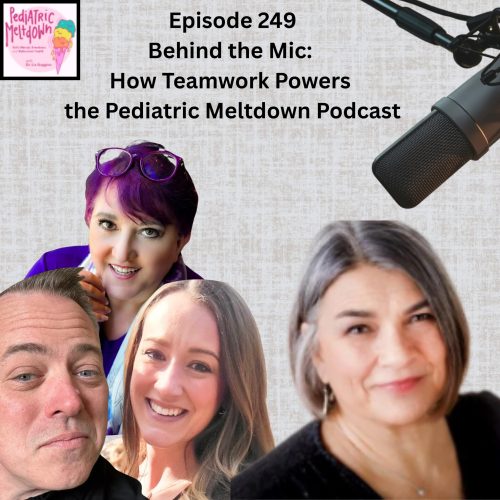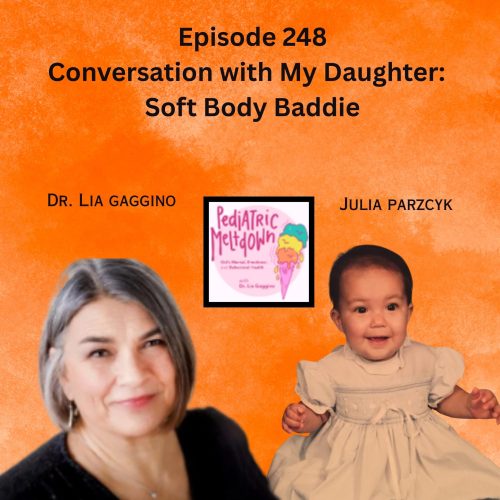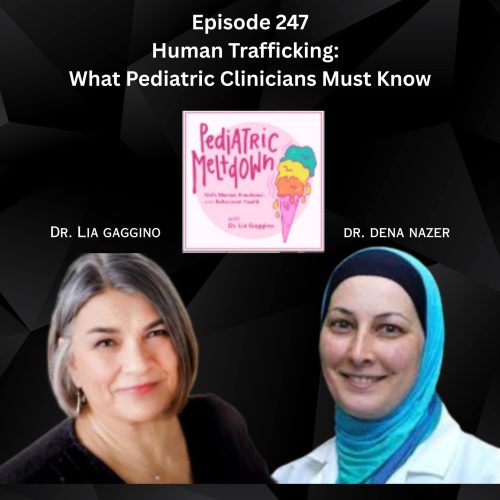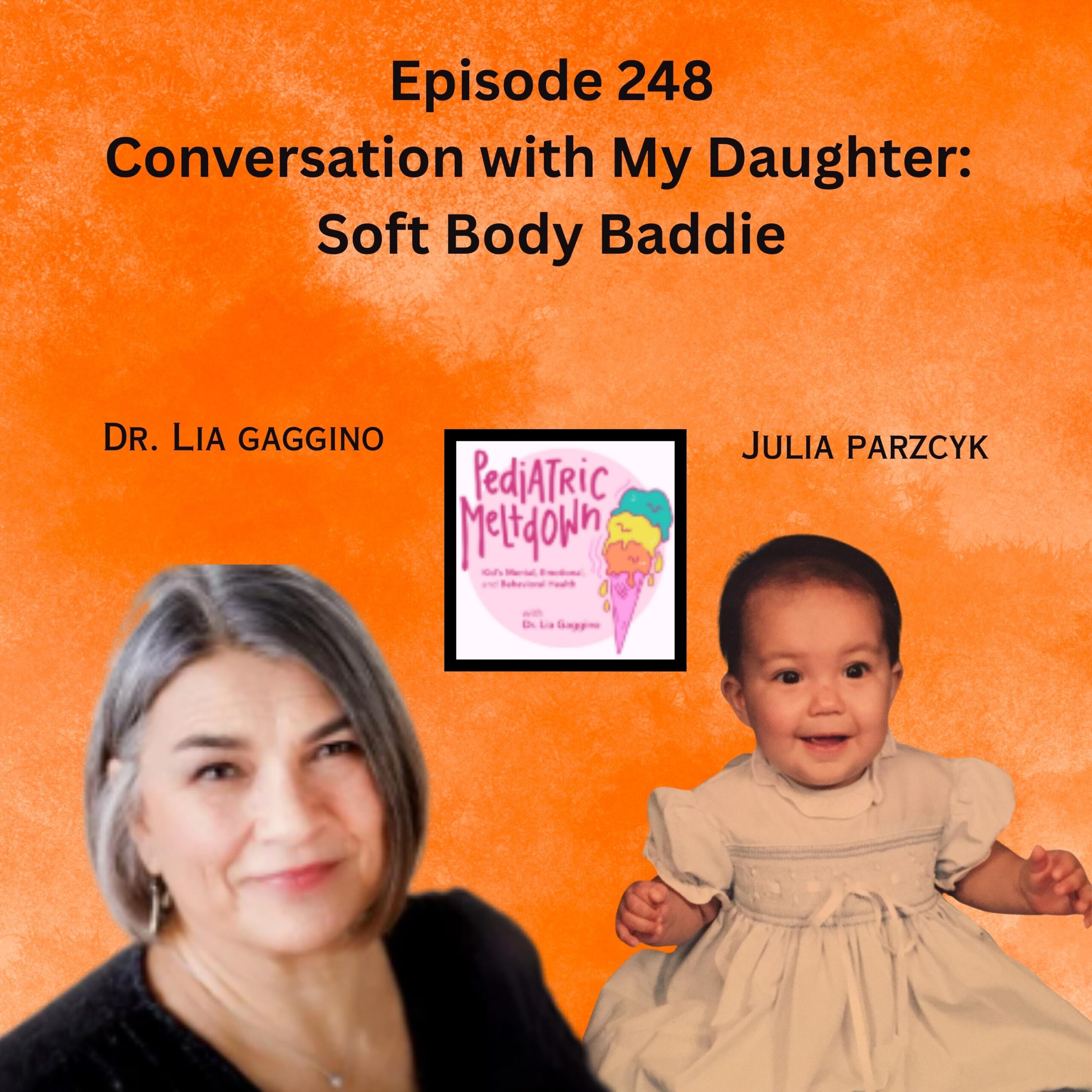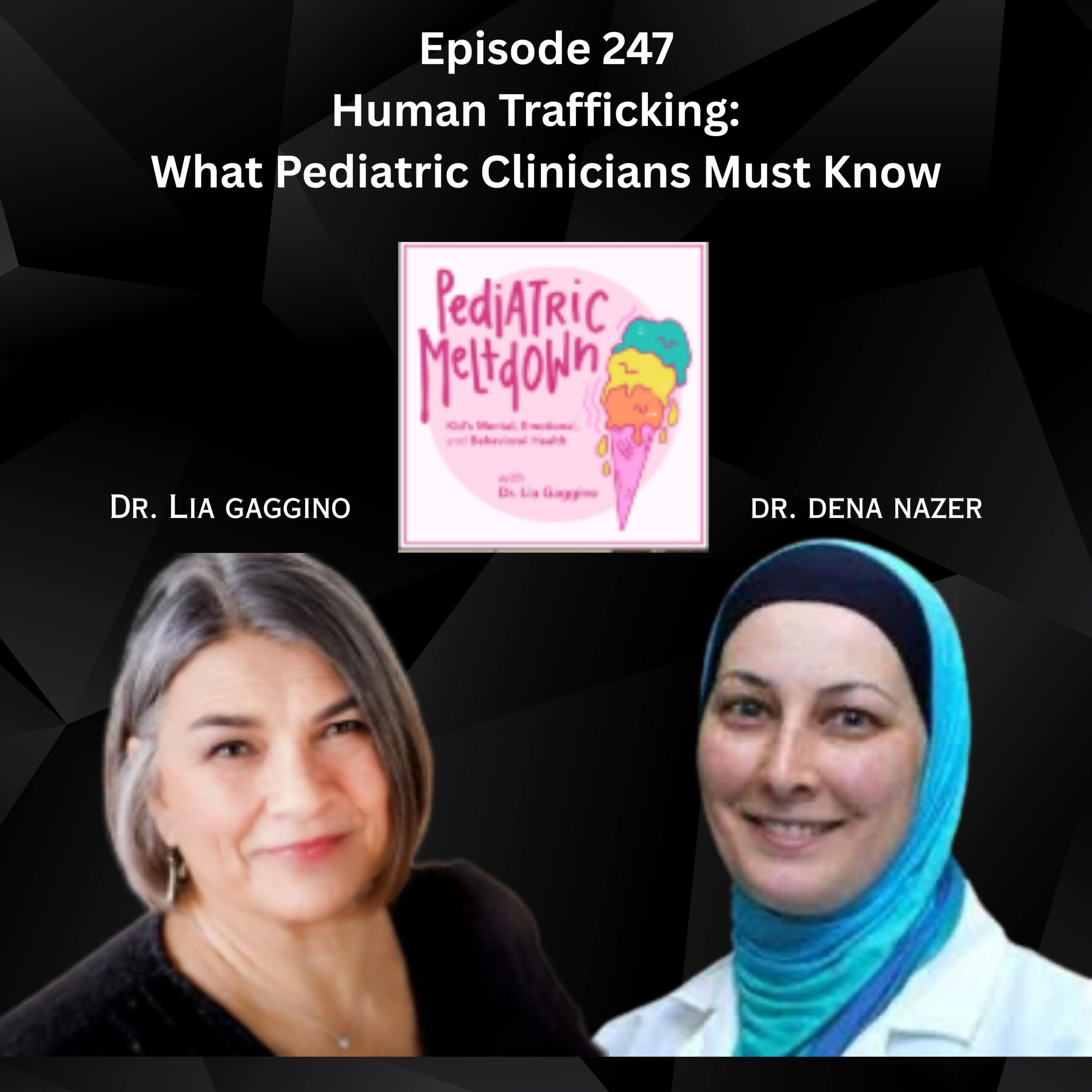Domestic violence is a pattern of abusive behavior in which one partner repeatedly uses physical force or threats of violence against the other partner. It can take many forms, including physical, sexual, emotional, and economic abuse. Domestic violence affects everyone, no matter what age or size, and it is an important topic we should cover, however, it might be triggering for some people. If you’re worried that someone you know may be experiencing domestic violence, it’s important to talk to them about it. In today’s episode, our guest Dr. Claudia B. Fenderson, EdD shares with us relevant information about the resources available to help victims get out of abusive relationships and discloses why professionals like pediatricians can play an important role in identifying and providing resources to children and families affected by domestic violence.
Dr. Claudia B. Fenderson has served as the Director/Chair of the Doctor of Physical Therapy Program at Marist College until her retirement this past year. She has a BS in Physical Therapy from Columbia University; an MS in Physical Therapy from Long Island University and an EdD in Child and Youth Studies from Nova Southeastern University. Her career spans more than 45 years and the majority of her experience has been in the areas of education and neurologic rehabilitation, primarily in infants and preschoolers with developmental delays and disabilities.
Key Highlights:
[00:01 – 09:31] Open Segment
How Dr. Claudia got interested in domestic violence
Violence can be classified into four types: physical, sexual, psychological, and economic
Domestic violence can involve any type of abuse, from physical to emotional to financial, and can happen to anyone
[09:32 – 20:07] Have Conversations About Healthy Relationships with All of Your Patients
There are warning signs that should be observed in order to identify domestic violence
It is important for professionals to ask about domestic violence when they are concerned for a child’s wellbeing
How to identify a controlling relationship, and offer resources to teens who are in a difficult relationship
[20:08 – 33:28] Provide Resources and Support to Victims
During Covid was difficult to identify people who were experiencing domestic violence
Health care professionals should be aware of risks and be prepared to help victims in difficult situations
Domestic violence is a problem that affects both men and women, but it is especially an issue for women
Healthcare providers should be aware of the signs and symptoms of domestic violence
[33:29 – 41:45] Help Patients Feel Less Alone
By asking questions, clinicians can help prevent harm to patients and children
Offering resources and help to adult victims of domestic violence is essential
Adults need to know that they are not alone and that they can come to talk to us if they need help
[41:46 – 44:38] Final Takeaways
- All professionals who care for kids have an opportunity to ask about domestic violence and safety
- Domestic violence and intimate partner violence is all about control
- We often consider physical abuse, but we need to think about emotional abuse
- Domestic violence is common with estimates that one-third of men and women have been in a domestic violence situation and that 15% of children may have witnessed domestic violence
- Domestic violence is a public health concern
- Teens who have witnessed domestic violence may believe that violence is an acceptable way to deal with conflict
- Ask universally about domestic violence and intimate partner violence
- The covid pandemic increased the incidence of child abuse and neglect, and domestic violence
- Other risk factors for domestic violence may include immigrant status
- How do we help?
- When domestic violence is disclosed, reassure the victim that no one deserves to be abused
- Assess the safety
- Know the resources in your community
- Let the victim know they are not alone and that you are ready to discuss the situation and to help
Resources Mentioned:
- Family Violence Prevention Fund
- National Coalition Against Domestic Violence
- National Domestic Violence Hotline – 1-800-799-SAFE (7233)
- Child Welfare Information Gateway – Choose ‘All states’ and ‘Child witnesses to Domestic Violence’ and you will find each state’s statute regarding this issue.
Connect with Dr. Claudia B. Fenderson through LinkedIn.
Key quotes:
“All professionals who care for kids have an opportunity to ask about domestic violence and safety.” – Claudia Fenderson
“It is important to ask people about their experiences with domestic violence. This can help to provide support and resources for them” – Claudia Fenderson
“We should never ask any question that it seems like the victim is the cause of the abuse.” – Claudia Fenderson
THANK YOU FOR YOUR SUPPORT!
Pediatric Meltdown was listed as a Top 20 Pediatric Podcast on FeedSpot.
If you’d like to connect with me, you can find me on LinkedIn, Facebook, Instagram, and Twitter, or email me at gagginol@medicalbhs.com or gagginol@yahoo.com. To learn more about me visit https://www.medicalbhs.com/
LOVE WHAT YOU HEARD? Leave us a 5-star review so we can continue to provide you with great content. Share this episode and help people know more about children’s health and well-being.



